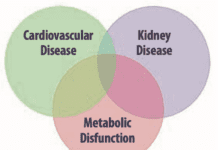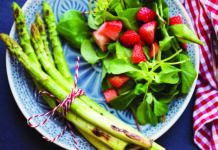Answer : A Natalie Faella, a dietetic intern at Tufts Frances Stern Nutrition Center, answers: I agree, it does seem like a waste to just toss the water left over after boiling vegetables. It has been shown that nutrients in the vegetables are lost during different cooking methods such as boiling in water. In particular, it is the water-soluble vitamins like vitamin C and the B vitamins that leach out the most from vegetables into the water. Therefore, the water actually does have some nutrient value after the vegetables have been cooked in it. This water can be saved and used in soups, stews, sauces, gravies, etc., to salvage those nutrients that would be otherwise lost.
It is recommended to refrigerate this water in an airtight container until used (which should be within a few days to receive maximum nutritional value). Another helpful tip would be to use as little water as possible when boiling the vegetables, so it will be easier to incorporate into another dish.
When cooking vegetables, as opposed to parboiling for freezing, simmering the vegetables (first bringing the water to a boil, then lowering the heat before adding the vegetables) and steaming are better options for preserving the nutrient content. A study published in the Journal of Zhejiang University Science reported that steaming vegetables resulted in the least amount of vitamin C, cholorphyll, glucosinolate and protein losses when compared to other cooking methods.























